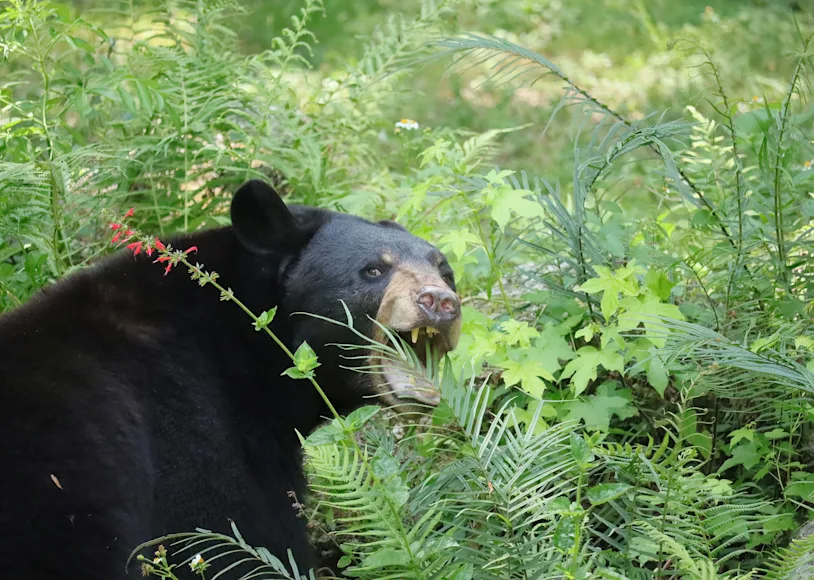Florida has recorded what is likely the state’s first fatal bear attack in its history. According to Naples Daily News, 89-year-old Robert Markel was found dead in the woods by his house in Jerome, near Big Cypress Wildlife Management Area, on Monday, May 5.
Wildlife officials with the Florida Fish and Wildlife Commission (FWC) responded to Markel’s property that morning after his daughter reported witnessing a black bear killing a dog. The officials found the dead body of the dog and, several hundred yards away, that of the man.
“We do know it was a bear attack. We don’t know if it was the same bear or multiple bears,” said FWC spokesperson George Reynaud in a press conference.
Officials set up traps in the vicinity of the attack and that evening, caught and killed a bear, which they sent to Gainesville to test for DNA, diseases, and other characteristics. According to the New York Times, officials killed two more bears in the vicinity within the next day. It’s not yet clear if any of the bears were involved in the attack.
The Attack Comes As Florida Mulls a Bear Hunt
If the ongoing investigation into Markel’s death is confirmed as a result of a bear attack, the incident will go down as Florida’s first fatal bear mauling in the state’s history. The tragic event transpired as The Sunshine State’s bear population surges. According to the FWC, there were only several hundred bears in the state in the 1970s because of habitat loss and unregulated hunting. Today, there are approximately 4,000.
Florida has not held regular bear hunts in decades. Hunting for the species was closed in 1994, briefly reopened for several days in 2015, and then closed again for the past ten years. Now, officials have been mulling opening a controlled hunt for the species “to balance species population numbers with suitable habitat and to maintain a healthy population.”
Currently, Florida is in the minority among states with resident black bear populations, of which eighty-five percent allow bear hunting. Florida has the most bears among any state that doesn’t hunt them by far; the next closest state is Connecticut, which has just over 1,000 bruins.
Read Next: 82-Year-old Turkey Hunter Attacked by Bobcat Tells the Story
“The FWC wants to slow population growth in the four largest bear subpopulations to keep population numbers in balance with suitable habitat and to maintain healthy animals,” explains the agency. “There is a finite amount of suitable bear habitat, so if bear populations continue to grow unchecked, at some point bears will have to start living in more marginal habitats, like neighborhoods.”


